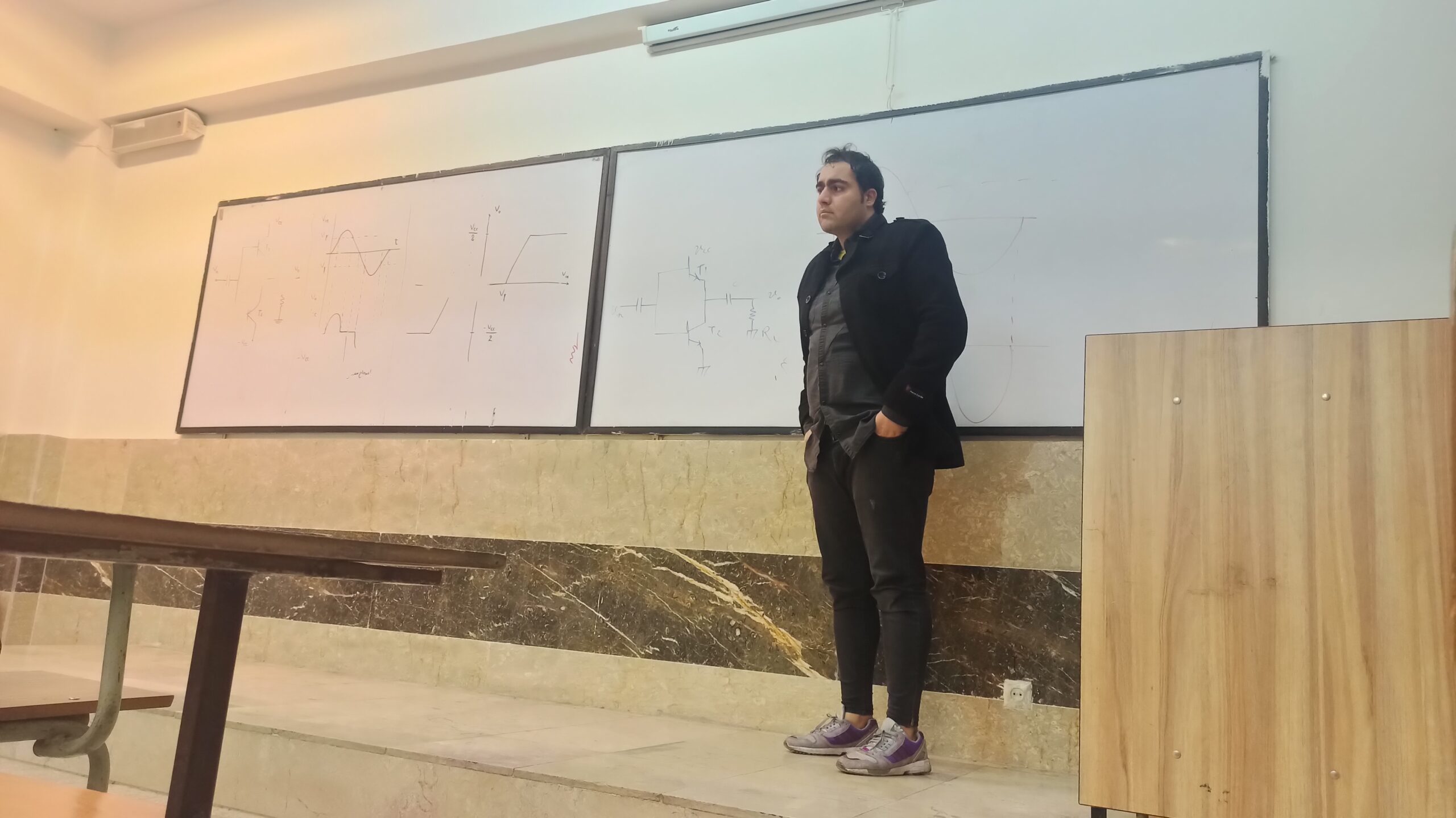Intelligent Methods for Synthesis of Digital Circuits – Alireza Mahmoodi Fard
Kalamemandegar | The synthesis of digital circuits has evolved significantly with advancements in technology and methodologies. Intelligent methods, particularly machine learning (ML) and artificial intelligence (AI), have been increasingly integrated into the design processes of digital circuits. This note discusses various intelligent approaches to the synthesis of digital circuits, highlighting their advantages, limitations, and future directions.
- Introduction
Digital circuits are fundamental components in modern electronic systems, encompassing a wide range of applications from simple logic gates to complex microprocessors. The synthesis of these circuits involves translating high-level design specifications into a functional hardware representation. Traditional synthesis methods often face challenges related to scalability, optimization, and performance. Recent advancements in intelligent methods provide promising alternatives that capitalize on data-driven techniques and automation.
- Intelligent Methods Overview
۲٫۱ Machine Learning
Machine learning offers powerful techniques for optimizing circuit design through predictive modeling, optimization algorithms, and pattern recognition. By analyzing vast datasets from previous designs, ML algorithms can identify efficient design patterns, optimize layout and power consumption, and improve reliability (Zhang et al., 2021).
۲٫۲ Genetic Algorithms
Genetic algorithms (GAs) simulate the process of natural evolution to solve optimization problems in circuit synthesis. They utilize processes such as selection, crossover, and mutation to evolve a population of solutions, effectively searching for optimal configurations (Duan et al., 2019).
۲٫۳ Neural Networks
Artificial neural networks (ANNs) can model complex relationships within design parameters to improve circuit synthesis. They are primarily used for predicting performance metrics, optimizing placement and routing, and enhancing overall design quality (Li et al., 2020).
۲٫۴ Fuzzy Logic Systems
Fuzzy logic provides a framework for handling uncertainty in circuit design. By incorporating expert knowledge and imprecise information, fuzzy systems can assist in decision-making processes, allowing for better trade-offs between various design parameters such as speed, area, and power consumption (Nguyen & Skalak, 1994).
- Applications of Intelligent Methods
۳٫۱ High-Level Synthesis
High-level synthesis (HLS) tools leverage intelligent methods to transform behavioral descriptions into hardware implementations. Techniques like ML can optimize resource allocation and scheduling, significantly reducing design time while maintaining performance (Chung et al., 2018).
۳٫۲ Physical Design Optimization
Physical design optimization includes placement, routing, and layout of digital circuits. Intelligent methods have shown the capability to improve these processes, enhancing circuit performance and minimizing power consumption (Katz et al., 2019).
۳٫۳ Fault Detection and Recovery
Intelligent methods can enhance fault detection in digital circuits through predictive maintenance and self-healing techniques. ML algorithms can recognize patterns that indicate potential failures, allowing for proactive measures to be implemented (Liu et al., 2022).
- Challenges and Limitations
Despite their potential, the integration of intelligent methods in digital circuit synthesis presents challenges, including:
Data Dependency: Many ML algorithms require large amounts of training data, which may not always be available or may not be representative of future designs (Mackin et al., 2021).
Interpretability: The decision-making processes of AI models can be opaque, making it challenging for engineers to understand and trust the results (Gundersen & Kjensmo, 2018).
Computational Complexity: Certain intelligent techniques, like deep learning, can involve substantial computational resources, which may not be feasible for smaller design environments (Schmid et al., 2020).
- Future Directions
The future of intelligent methods in digital circuit synthesis is promising. Key areas for further exploration include:
Hybrid Approaches: Combining various intelligent techniques can leverage the strengths of each, leading to more robust and efficient synthesis methods.
Improved Algorithms: Developing more efficient algorithms that require less data and computational power can increase accessibility to intelligent methods.
Interdisciplinary Collaborations: Encouraging collaboration between electronics engineers and data scientists can lead to innovative solutions that address current limitations in synthesis processes.
- Conclusion
Intelligent methods represent a transformative approach to the synthesis of digital circuits, offering enhanced optimization, efficiency, and reliability. While challenges remain, ongoing research and development in this domain hold great promise for the future of electronic design.
Eng. Alireza Mahmoodi Fard – Researcher and Lecturer in electronic circuits laboratory at the university















ارسال دیدگاه
مجموع دیدگاهها : 0در انتظار بررسی : 0انتشار یافته : 0